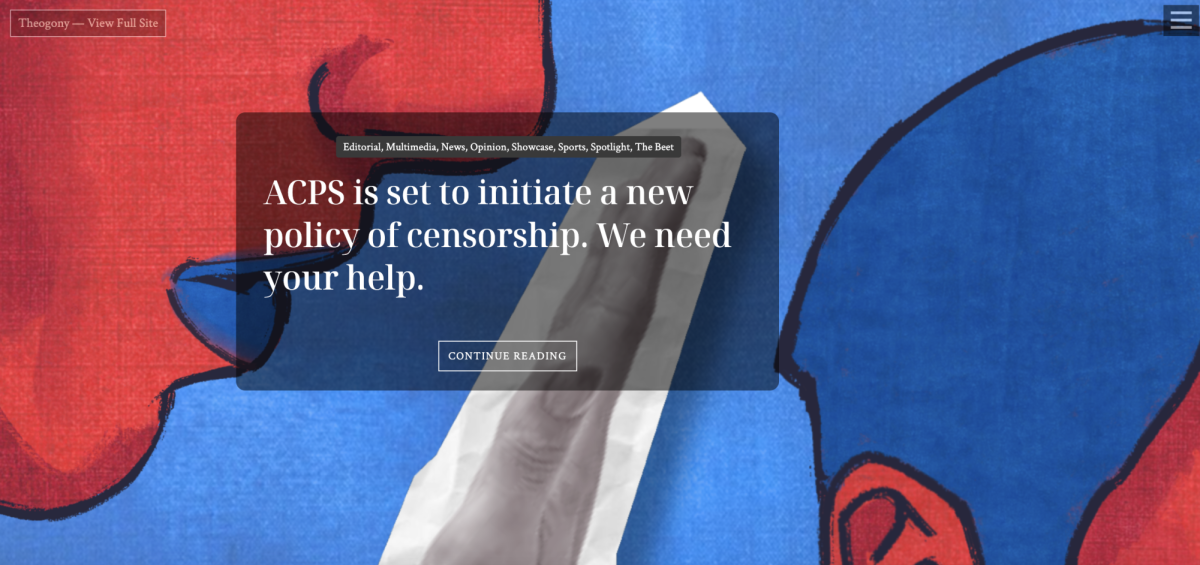The Ethics Class Debate

As a school community that values the power of knowledge and self-expression, our community has an obligation to learn about the ethical values that shape us all into the unique people we are. Within our community, all students are required to take two separate ethics classes, each lasting a quarter of an academic year. One portion is taken during the second semester of sophomore year, and the other one is taken during the first semester of senior year. Sophomore Ethics is considered more of a general introduction to different ethical principles and allows students to begin to understand what ethics really is. The topics tend to relate more to ethical problems within our own school community such as lying, cheating, stealing, and other problems we might regularly face at school. Senior Ethics begins to talk about ethical issues on a larger scale such as immigration, abortion, and death. Because Ethics is a required class, every student here at SSSAS has to take both portions of Ethics. Some members of the community are slightly confused by this, so we decided to talk to the Ethics teachers and some students who have taken the class.
Senior and Sophomore Questions:
Should Senior/Sophomore Ethics be First/Second Semester Required?
When I first talked to Macphearson Strassberg ‘25, he stated that it should be a required class because ethics is an overlooked subject in today’s society. He believes having a place and a time to examine “modern issues, moral decisions and implications that have profound effects on US personnel,” gives some students an opportunity that they otherwise would not have. It also encourages students to participate in ways they haven’t before. When I spoke to Matthew Bezuneh ‘23, he opposed Macphearson’s statement by saying Ethics is a “solid class,” but it should not be first-semester required. He expressed there are other more important semester-long courses that seniors may want to take, and would take more seriously than Ethics.
What are the Advantages and disadvantages of taking Ethics?
One senior I interviewed believes that the only disadvantage of being required to take Ethics is losing a free period. He didn’t want to take any more difficult classes so having Ethics being added to his schedule was not a big deal. One major advantage that he described was gaining tons of new perspectives and knowledge of current and past events. He said that he regularly talks with his friends about events in the news, but getting to talk about difficult topics with unexpected people helped him a lot. Matthew Bezuneh stated that the disadvantage was falling under the “peer pressure of having the same answers that everyone else in your class has.” He also commented that some people would be scared into answering certain questions with similar answers to their classmates.
Have you felt that Ethics has boosted your moral compass?
Macphearson Strassberg told me that discussing ethics has always been a passion of his, so he’s always enjoyed talking to his friends and family about these kinds of topics. He said that for him to be able to talk to a teacher who specializes in teaching ethics, and hearing opinions and perspectives from his classmates really affected how he sees the world and has made him a better person. Another Senior I interviewed said that his experience with Ethics was that it hadn’t changed him as a person but it had given him a better understanding of other people’s perspectives.
Teacher Questions:
What do you enjoy about teaching Ethics?
When I interviewed Dr. Singer, the first thing that he said was he wanted to give students a chance to “pause and reflect upon some eternal questions of human existence. Not just questions about right and wrong, but about the relationship between the individual in their community, about what is the meaning of a good life, and about how to be a decent person.” He continued to say that the younger one starts to think about these questions, the sooner they realize that everyone since the start of time has also had to “grapple” with these questions. These students then begin to realize that they are not alone in their struggles, which is important for everyone to understand. Rev. Rees’s favorite part of teaching ethics is the class discussions. Her classes would even have competitions for who could use a certain ethical dilemma to describe why they came to a certain reasoning.
Do you think sophomores and seniors are the right age students to be teaching Ethics to?
Father Cavanaugh believes that sophomores and seniors are the perfect ages to be teaching ethics. This is because “both of those ages provide a different set of gifts and values that they bring to the table.” Dr. Singer says that you could teach Ethics class to pretty much any age group, because these central questions will help “guide a lifetime or will be related to and applicable to pretty much every stage of life.” He said that the teachers try very hard to frame the questions so they are “age-appropriate, developmentally appropriate, and cognizant of some of the lived experiences of high school kids.” He also mentioned that the difference between a 16-year-old and an 18-year-old is pretty significant, so he tries hard to cover the topics in a way that is age-suitable.
What are the goals of your Ethics class?
Rev. Rees started by saying that she taught the class from a chaplain perspective, which could be different from other teachers’ goals. Her main idea was that she wanted “to have people think about what it means to live a meaningful life, and how the decisions that we make impact our lives and the lives of people around us, and to think about what kind of people we want to be and how that impacts how we make decisions.” She also commented that she thinks that the main goal that the students have is to argue and debate the topics rather than learning the ethical reasoning behind them. Father Cavanaugh’s response was very similar to Rev. Rees’s, as his main goal was for the students to ask themselves, “what is my responsibility in the world? What am I supposed to do with the gifts that I’ve been given the gifts that God has given me? Am I supposed to use them only for selfish means, or am I supposed to use them to help others?”
For some students, Ethics is a time to argue, debate, and joke around with friends. For others, Ethics is a time to ponder undying questions of human presence. For teachers, their main goal is to teach students what it means to live a “meaningful life,” and what one’s responsibility is in the world and to others. Hopefully, by reading this article you recognized what I did: Teachers can only do so much. It is your decision about how much you will take from this class, and how seriously you will take it.

Ben is the Editor-in-Chief for The Voice and a senior who is excited to start his fourth and final year writing for the paper. He enjoys writing about...
























